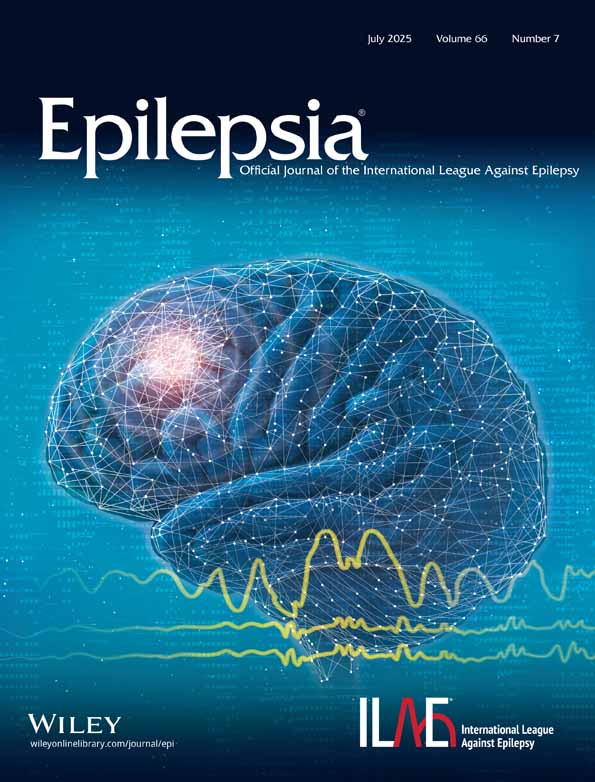Cerebrospinal Fluid and Serum Neuron-Specific Enolase Levels After Febrile Seizures
Abstract
Summary: Purpose: Neuron-specific enolase (NSE) has been established as a reliable marker of neuronal damage in various neurologic disorders. The aim of this study was to evaluate whether febrile seizures (FS) cause brain damage, based on the serum and cerebrospinal fluid (CSF) levels of NSE.
Methods: Fifty-three patients aged from 6 months to 7 years were enrolled. Among them, 36 patients had generalized seizures, and 17 had partial seizures. The maximal seizure duration was 90 min. Blood and CSF samples for measurement of NSE were obtained immediately after the seizure. NSE was measured using an enzyme immunoassay (EIA).
Results: Serum and CSF levels of NSE ranged up to 10 ng/mL, but very high levels were not observed. In patients with partial seizures, the NSE level in the CSF and the ratio of the CSF to serum NSE levels showed a strong correlation with seizure duration. Conversely, there were no correlations between NSE levels and seizure duration in the patients with generalized seizures.
Conclusions: These results indicate that FS seldom cause severe neurologic damage, but prolonged partial seizures may cause slight neuronal injury.




